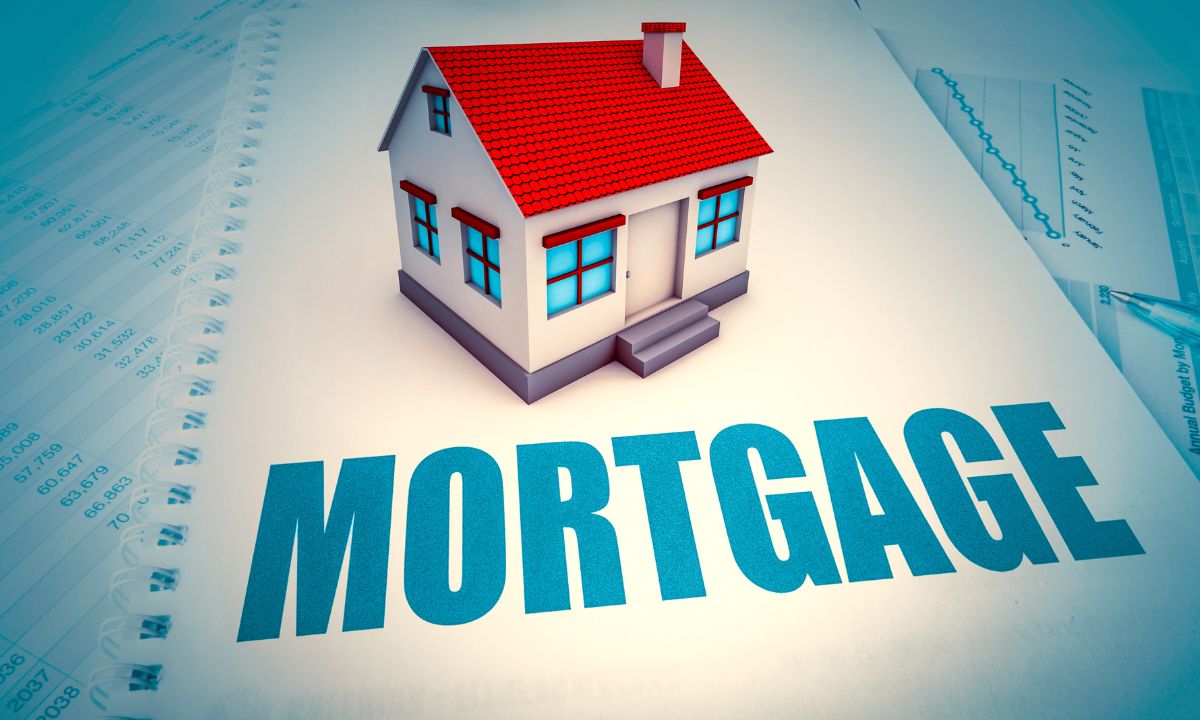 A reverse mortgage and a home equity conversion mortgage (HECM) are both types of loan products that allow homeowners to tap into the equity they have built up in their homes. However, there are some important differences between the two.
A reverse mortgage and a home equity conversion mortgage (HECM) are both types of loan products that allow homeowners to tap into the equity they have built up in their homes. However, there are some important differences between the two.
A reverse mortgage is a type of loan available to homeowners who are 62 years of age or older. With a reverse mortgage, the lender makes payments to the borrower, which can be taken as a lump sum, line of credit, or regular payments. The loan is paid back when the borrower dies, sells the home, or permanently moves out of the property.
On the other hand, a home equity conversion mortgage (HECM) is a specific type of reverse mortgage that is insured by the Federal Housing Administration (FHA). To qualify for an HECM, the homeowner must be 62 years of age or older and own their home outright or have a low mortgage balance that can be paid off with the proceeds from the HECM.
One of the key differences between a reverse mortgage and an HECM is the way the loan is structured. With a reverse mortgage, the lender makes payments to the borrower, while with an HECM, the borrower can receive payments from the lender or choose to receive a line of credit that they can draw on as needed.
Another important difference is the cost. HECMs are insured by the FHA, which means that they come with certain fees, including an initial mortgage insurance premium, an annual mortgage insurance premium, and other closing costs. Reverse mortgages, on the other hand, may come with different fees depending on the lender.
Overall, while both a reverse mortgage and an HECM can provide homeowners with a way to access the equity in their homes, there are important differences to consider when deciding which option is right for you. It’s important to do your research and speak with a qualified financial professional to understand the pros and cons of each option and make an informed decision.
 Getting a mortgage is a significant financial decision, and it is crucial to ensure that you are financially prepared before applying for one. Conducting a quick financial health check before applying for a mortgage can help you determine your financial standing and your ability to afford a mortgage payment.
Getting a mortgage is a significant financial decision, and it is crucial to ensure that you are financially prepared before applying for one. Conducting a quick financial health check before applying for a mortgage can help you determine your financial standing and your ability to afford a mortgage payment.
